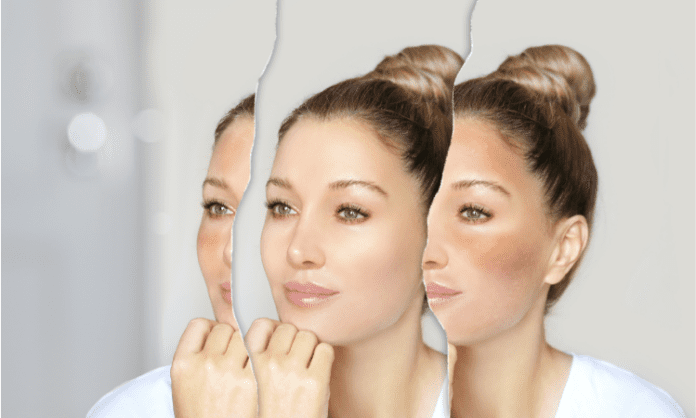
The darker regions of your skin are called dark spot. Dark spots can be due to sun damage, acne inflammations or other skin injuries including cuts and blisters. They can also be caused by hormonal changes in the body such as pregnancy or oral contraceptives use. Dark spots are not harmful to your health but they can affect the way you feel about yourself and make you unhappy with your appearance. You can treat age spots or sunspots on any part of your body including face, hands, arms and shoulders using a variety of methods which include natural home remedies, chemical peels, laser therapy and prescription medications from a dermatologist. If you want an instant result then consider chemical peels instead of natural treatment methods which require time for results to show up.
Dairy
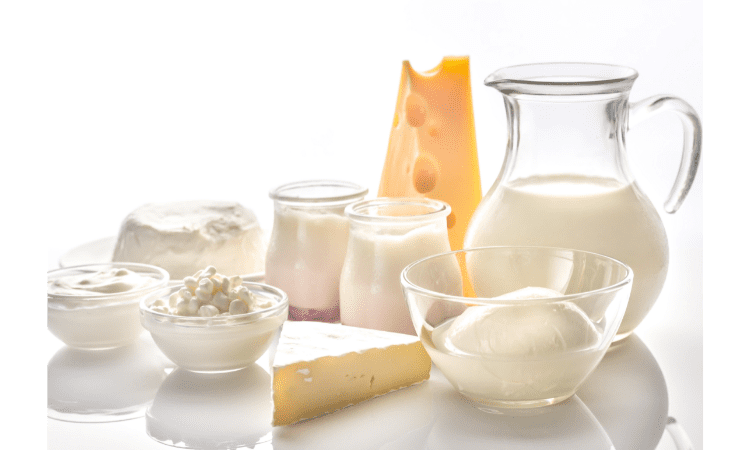
Dairy products can cause a variety of health issues, including acne, inflammation and insulin resistance.
As we’ve said before—acne is caused by inflammation. If you’re dealing with acne or other skin issues like dark spots due to dairy consumption, then it may be time to consider cutting it out.
Inflammation has been linked to many chronic diseases such as heart disease and cancer as well as autoimmune diseases such as arthritis and asthma. Inflammation causes your body’s immune system to send abnormal cells into areas that are inflamed—like the dermis where your skin cells reside—which leads to blotchiness on your face.
Sugar

Sugar is a known trigger for dark spots. When you eat it, you can cause inflammation and irritation in your body that can make your skin more susceptible to acne, breakouts, hormonal imbalances and weight gain. And this doesn’t even get into the long-term effects of eating too much sugar like diabetes!
Fried foods
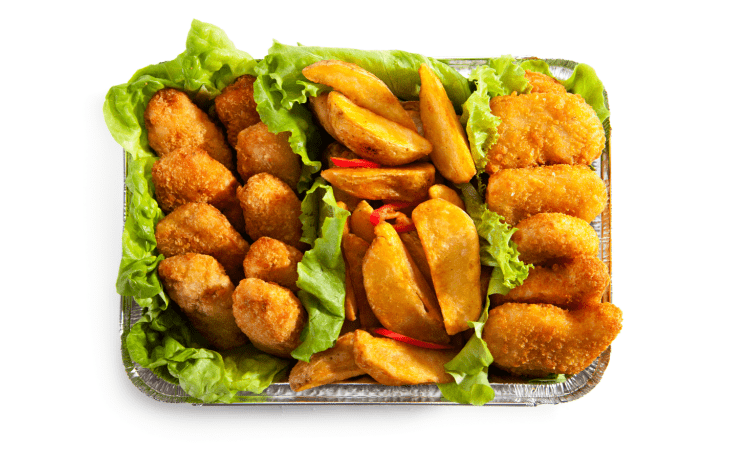
A good rule of thumb is to avoid fried foods, especially if you have dark spots. Fried foods are high in trans fats. Trans fats are linked to heart disease, diabetes, cancer, obesity and depression. Trans fats can also cause dementia by increasing the risk of Alzheimer’s disease by as much as 68%.
Trans fats are created when vegetable oils are hydrogenated for longer shelf life or a more solid texture at room temperature. You’ll find them mainly in processed foods like french fries or potato chips (and other snack foods). They’re also found in some baked goods like pies and donuts that may be labeled “trans fat free” but contain them anyway!
Alcohol

The most common causes of dark spots are sun damage and skin aging. Alcohol can be a contributing factor in both of these processes, as it increases your risk for dehydration and may make your skin more sensitive to UV rays.
The diuretic effect of alcohol also prevents your body from retaining fluids, which can leave you dehydrated and cause puffiness under the eyes or even sagging skin around the jaw line. In addition to causing dehydration (or making existing dehydration worse), alcohol consumption has been linked to accelerated aging on many levels: it can increase free radical damage and oxidative stress; decrease collagen production; increase inflammation; increase pigmentation; break down elastin fibers that hold skin together; accelerate elastin breakdown (which leads to wrinkles); reduce resistance against UV radiation exposure; prevent epidermal barrier repair after injury or insult by suppressing keratinocyte growth factor activity (KGF); alter DNA methylation patterns resulting in abnormal gene expression patterns that cause cancerous tumors like melanoma cells
Plain carbs
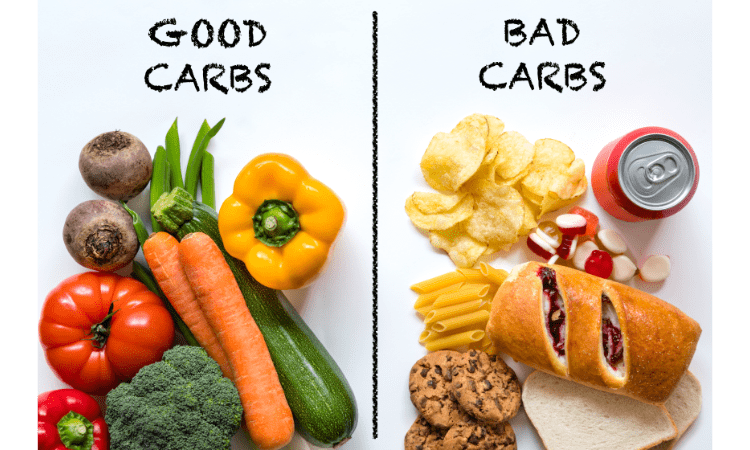
These foods can be high-glycemic carbs or simple sugars, but they all have one thing in common: they’re easily digested and absorbed into the bloodstream, causing your blood sugar to spike and then crash. This also happens when you eat too much protein or fat, so it’s not always about the carbohydrate content of a food. Instead, think about how quickly a particular food is processed and absorbed by your body when you eat it—and whether this makes you feel better or worse afterward.
Foods that are processed roughly fall into two categories: high-glycemic carbs (potatoes and white bread) or simple sugars like candy and soda. Most fruit juices are also on this list because they’re essentially juice concentrate with added water; although most fruits contain antioxidants like vitamin C that may help protect against sun damage over time, their natural sugars can worsen dark spots in the short term if consumed excessively in liquid form (i.e., four glasses of orange juice every day).
Salt
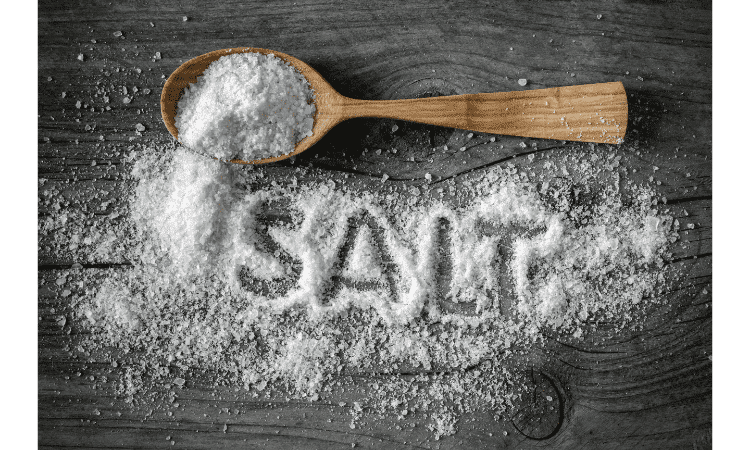
Salt is a preservative, flavor enhancer and filler in many foods. It can also cause you to retain water and increase your blood pressure. Salt is a very common ingredient in fast food, frozen dinners and canned soups.
The amount of sodium we need in our diet varies from person to person depending on age, weight and health issues such as diabetes or high blood pressure. Most adults should limit themselves to 2,300 milligrams per day (that’s about 1 teaspoon). The average daily intake for Americans is more than 3,400 milligrams per day!
Soy
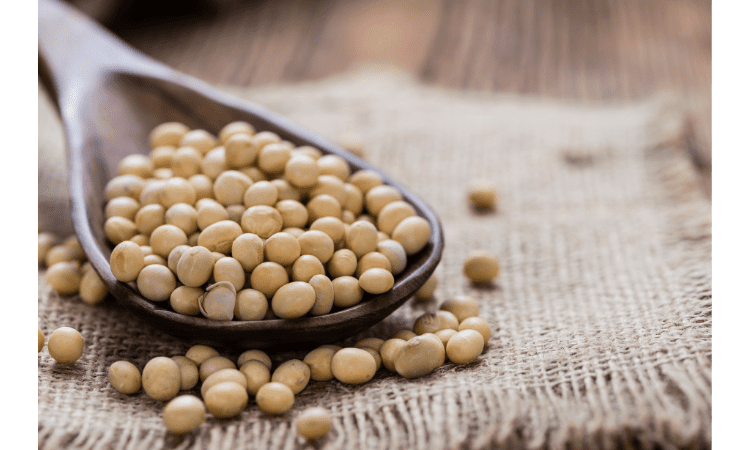
Soy is a common allergen, so if you’re allergic to soy or have a family history of allergies, it may be best to avoid it. It can also cause digestive issues like gas, bloating and diarrhea in some people. Soy can also lead to hormonal imbalances that result in skin issues such as acne and eczema. Finally, soy has been linked to endometriosis (an inflammatory disorder of the uterus), infertility and low thyroid function.
As with any food item on this list that’s not on your personal “do not eat” list already, we recommend doing your own research before adding something like soy into your diet.
Spicy foods

Spicy foods can cause inflammation, which can lead to the dilation and leakage of blood vessels. If you have a history of blood vessel problems or if you already have dark spots, spicy foods can be especially dangerous for your skin. Spicy foods also increase the thickness of your blood, which thickens the capillaries that feed your melanin-producing cells. This could lead to even more brown spots on your face and body.
Coffee and caffeine products

Coffee and caffeine products are known to cause skin irritation in some people, so it’s best to avoid them if you want to get rid of dark spots. Coffee is a diuretic that can lead to dehydration, which may cause your skin to turn dry and dull. Caffeine can also trigger the overproduction of oil by the sebaceous glands, resulting in oily skin patches on your face.
Conclusion
We hope this article has been helpful for you, and that you’re now informed about which foods cause dark spots. Remember, the best way to treat these pesky spots is to avoid them in the first place, so it’s always worth looking at what you can do to prevent them. We also recommend that if your dark spots are getting worse or are affecting your confidence, you go see a dermatologist. They may suggest treatments like laser therapy or topical creams that can help reduce their appearance.











